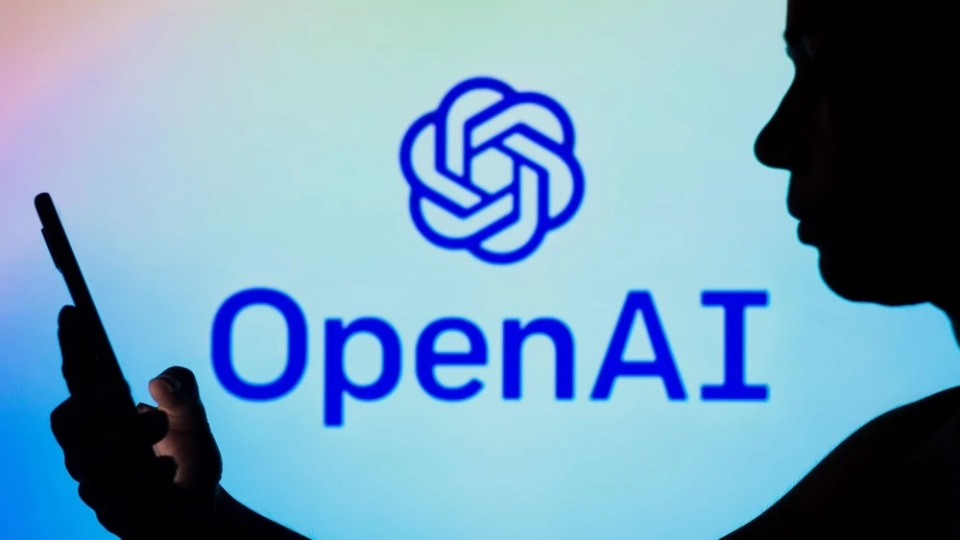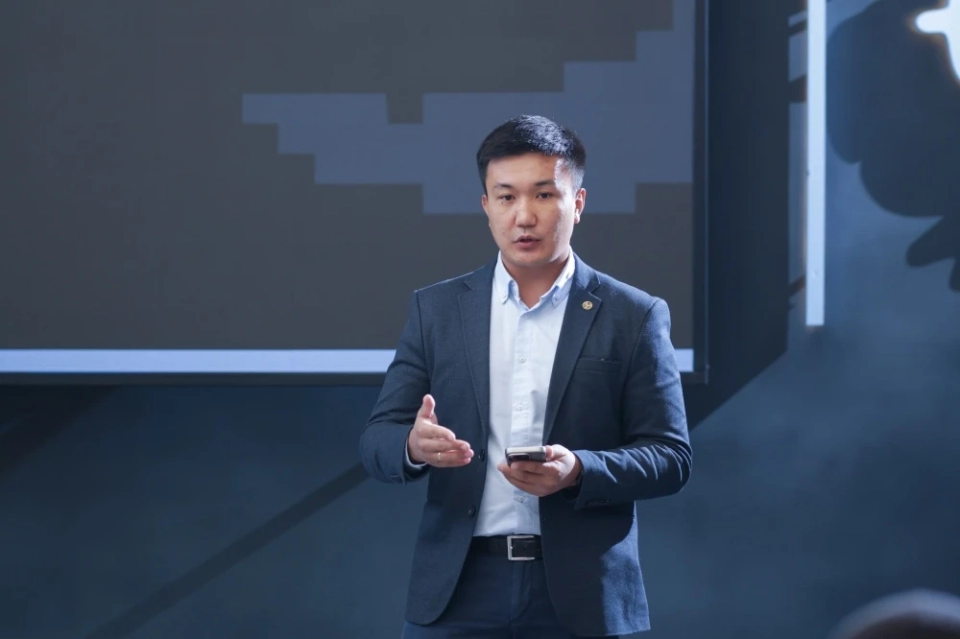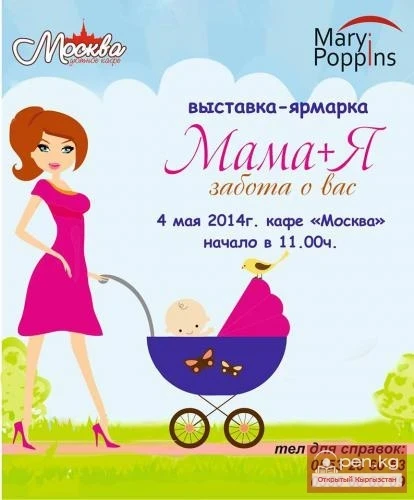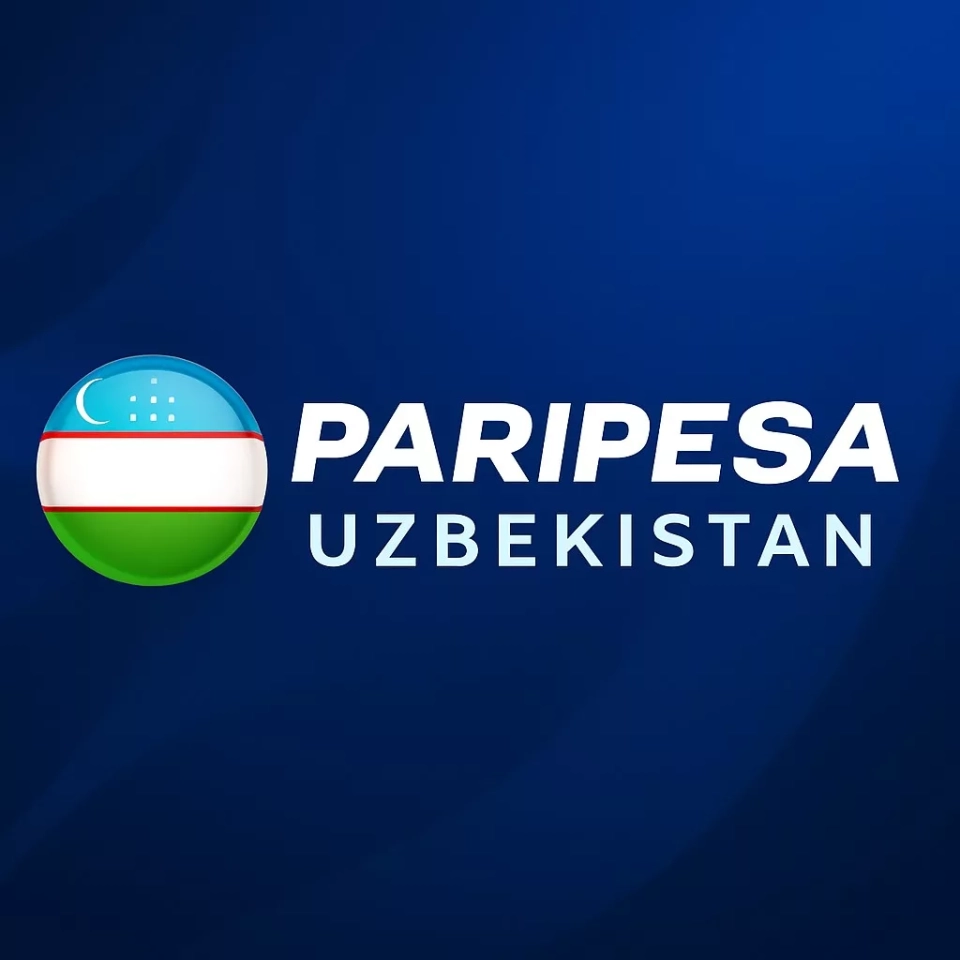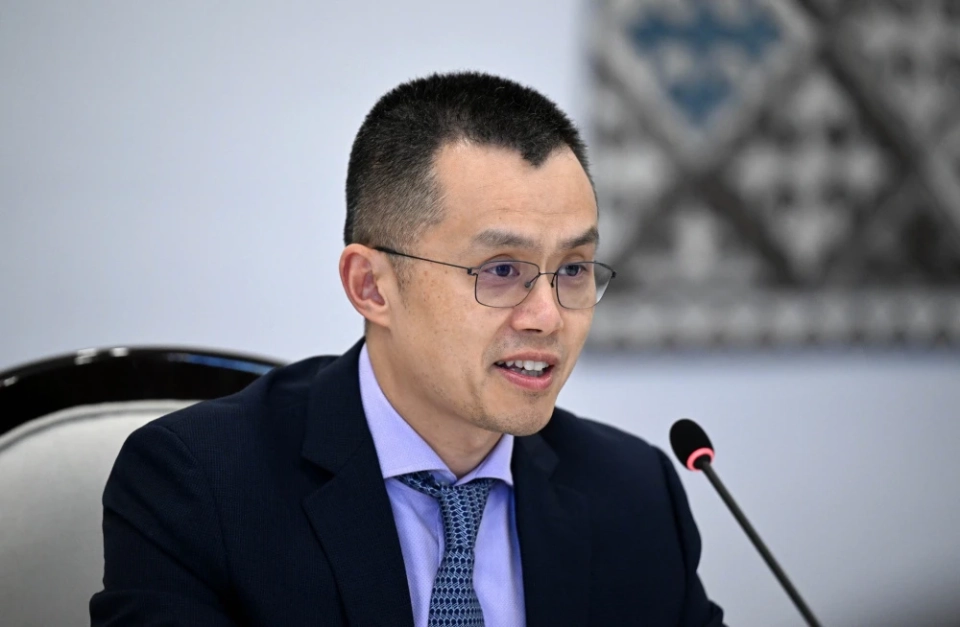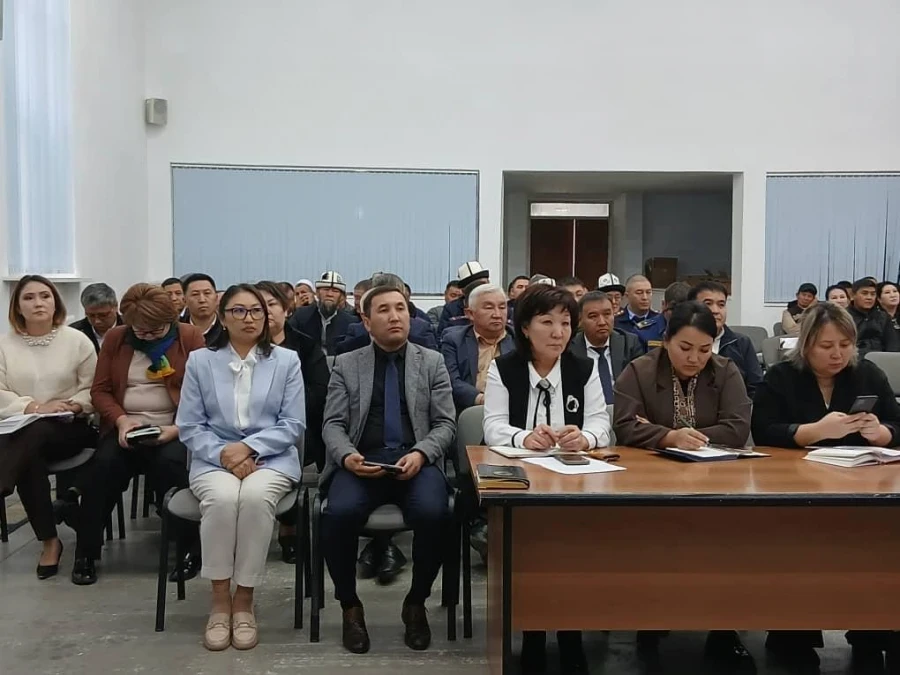
The company urged users to use its services responsibly
According to the updated policy from OpenAI, ChatGPT will no longer provide consultations on legal matters. This change also affects the fields of medicine, finance, employment, and national security, as reported by the RBK portal.
OpenAI has amended the terms of use for its services, prohibiting users from seeking legal and medical advice from ChatGPT, as stated on the company's official website.
The new rules also include bans on consultations regarding education, housing, employment, finance, lending, insurance, and other significant government services. Additionally, ChatGPT will not assist users with migration and national security issues.
“We require users to use our services responsibly. Violating the rules and safety measures may result in the blocking of access to our systems or other sanctions,” the company stated.
The services are prohibited from being used for threats, intimidation, harassment, defamation, as well as for promoting suicide and eating disorders. The list of prohibitions includes sexual violence, terrorism, the creation or use of weapons, and gambling for money.
Using OpenAI services to create images of a person without their consent (including voice and realistic portraits) is also prohibited. It is not allowed to assess or predict the likelihood of committing a crime based on personal characteristics.
It is forbidden to judge the appearance of minors, promote unhealthy eating among them, or provide access to goods and services with age restrictions.
On October 14, Sam Altman, the head of OpenAI, announced on X plans to add erotic content to ChatGPT. “In December, with the introduction of age restrictions and the principle of ‘treat adult users as adults,’ we will allow more, including erotic materials for verified adults,” he clarified.
In August, The Wall Street Journal reported that ChatGPT has increasingly been generating absurd and false statements in recent years, causing user dissatisfaction. However, OpenAI stated that such cases are rare. Company representative Nick Terly assured that the corporation takes this issue seriously and consults with doctors during the development process.
Photo www


